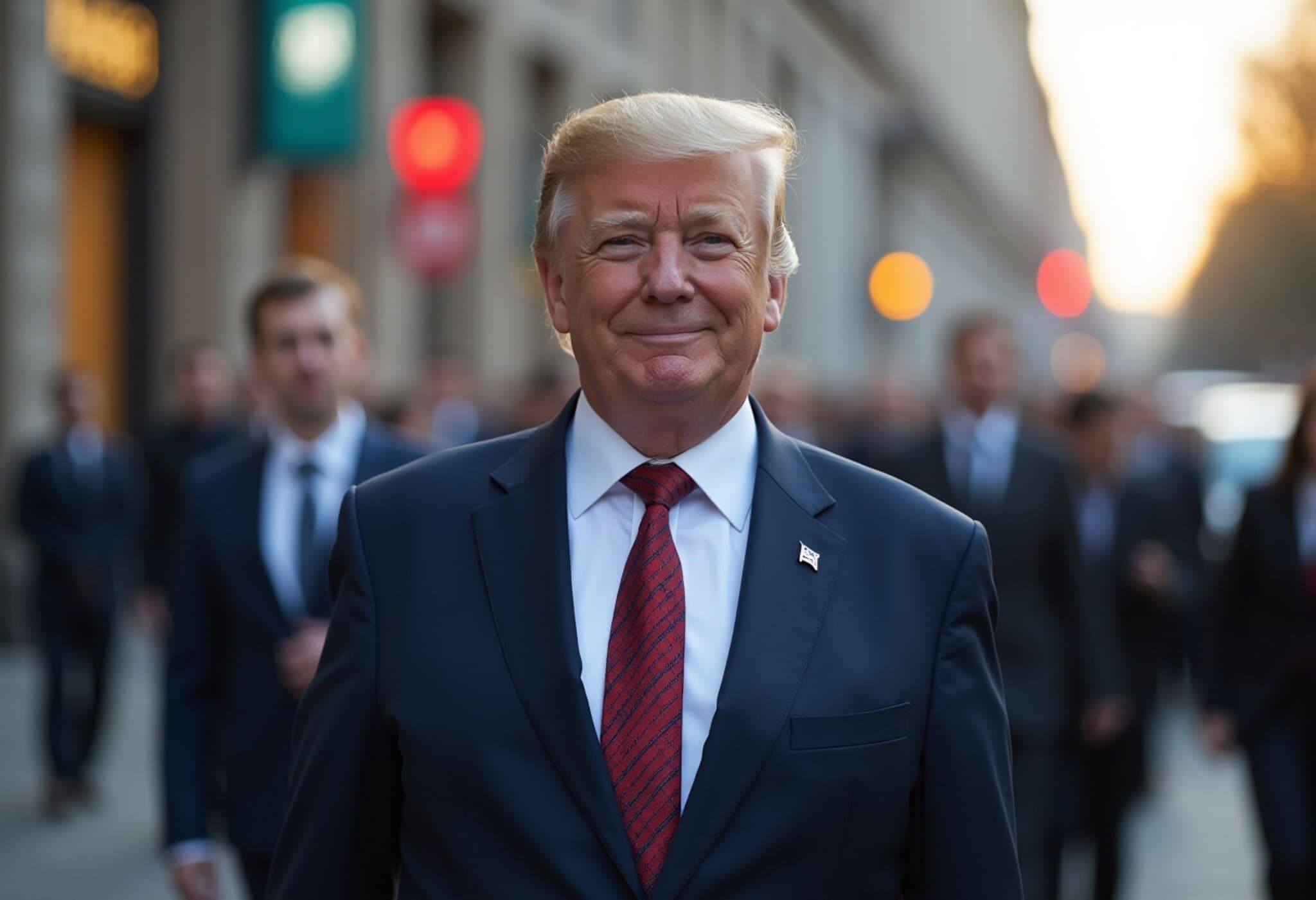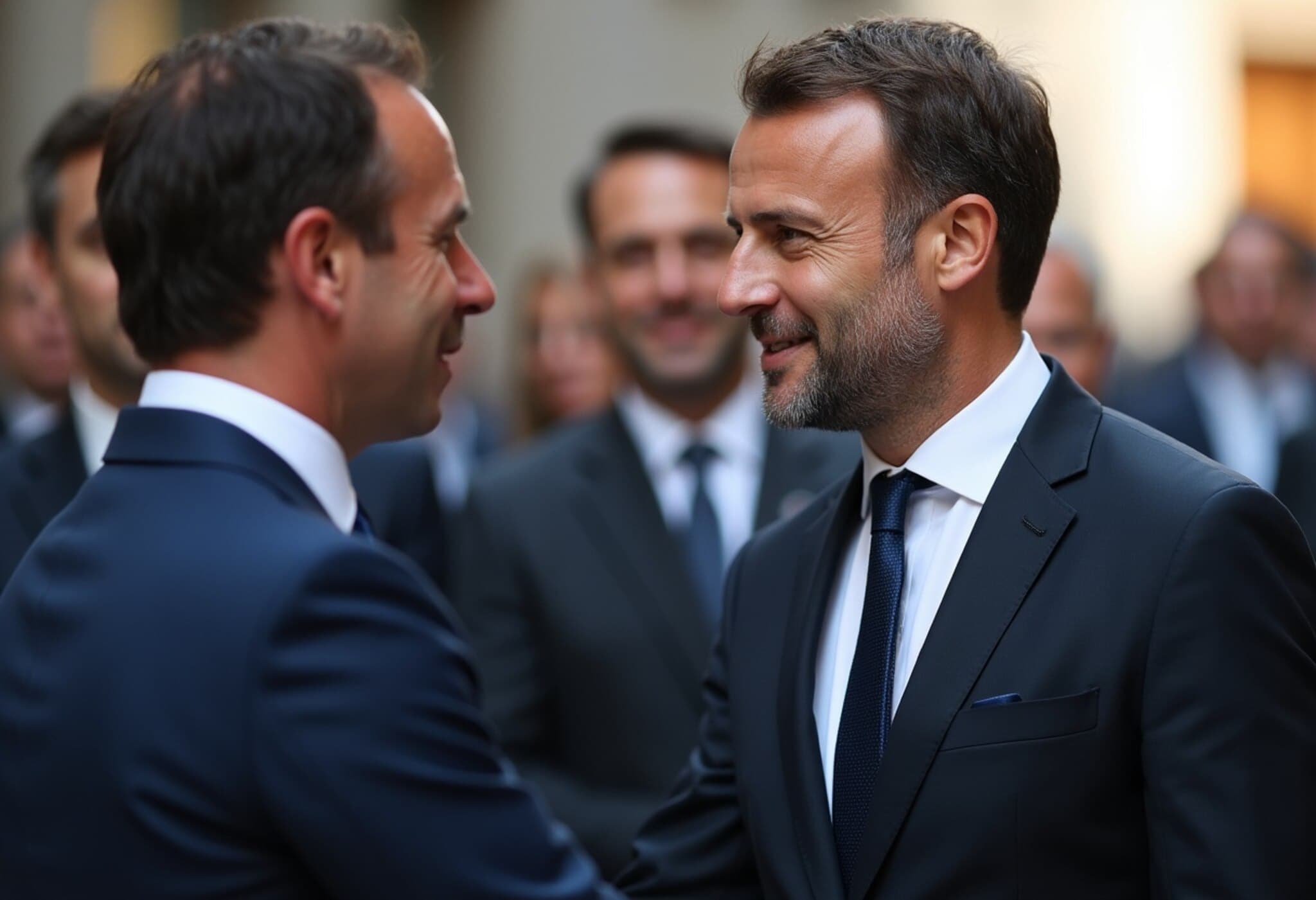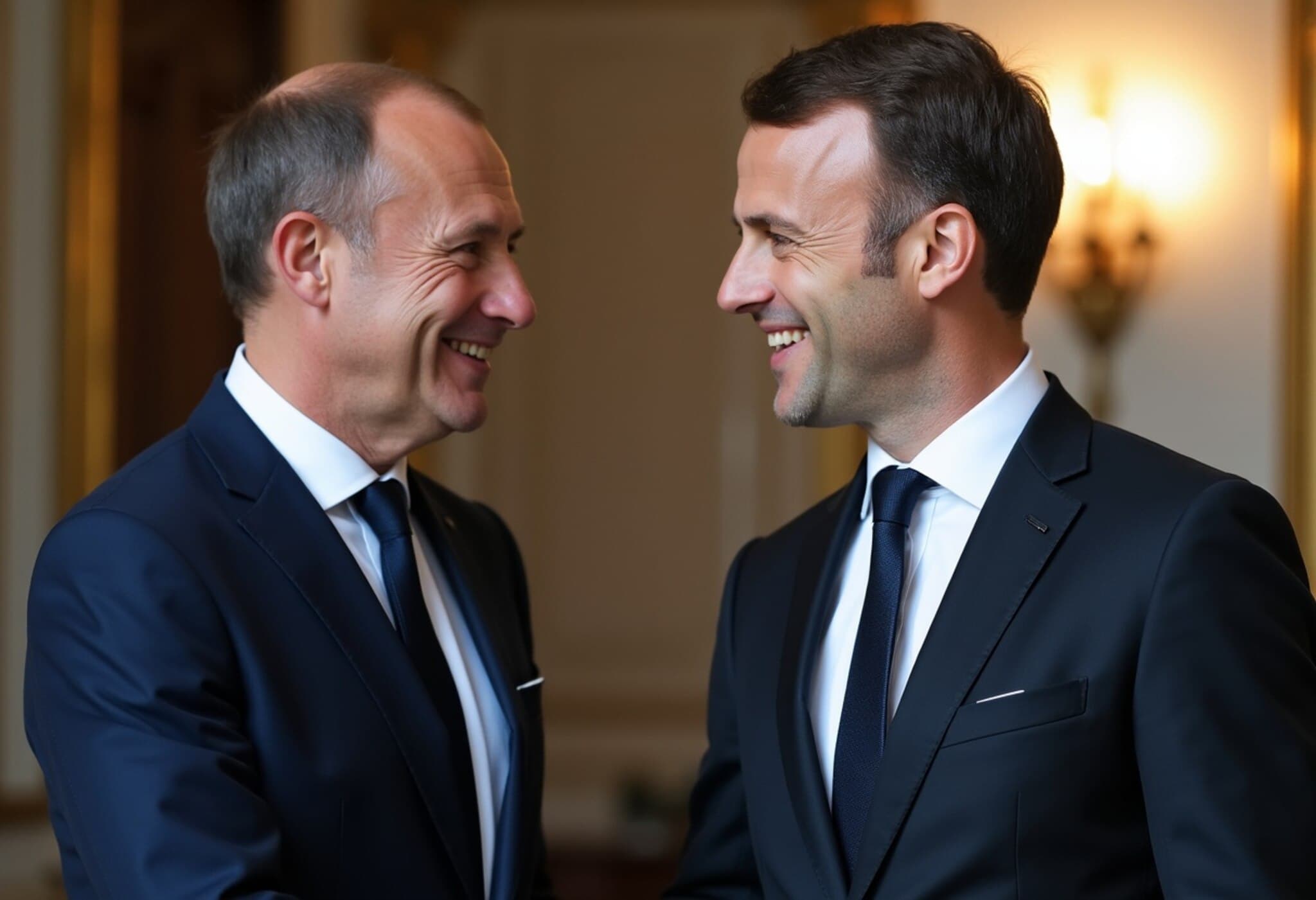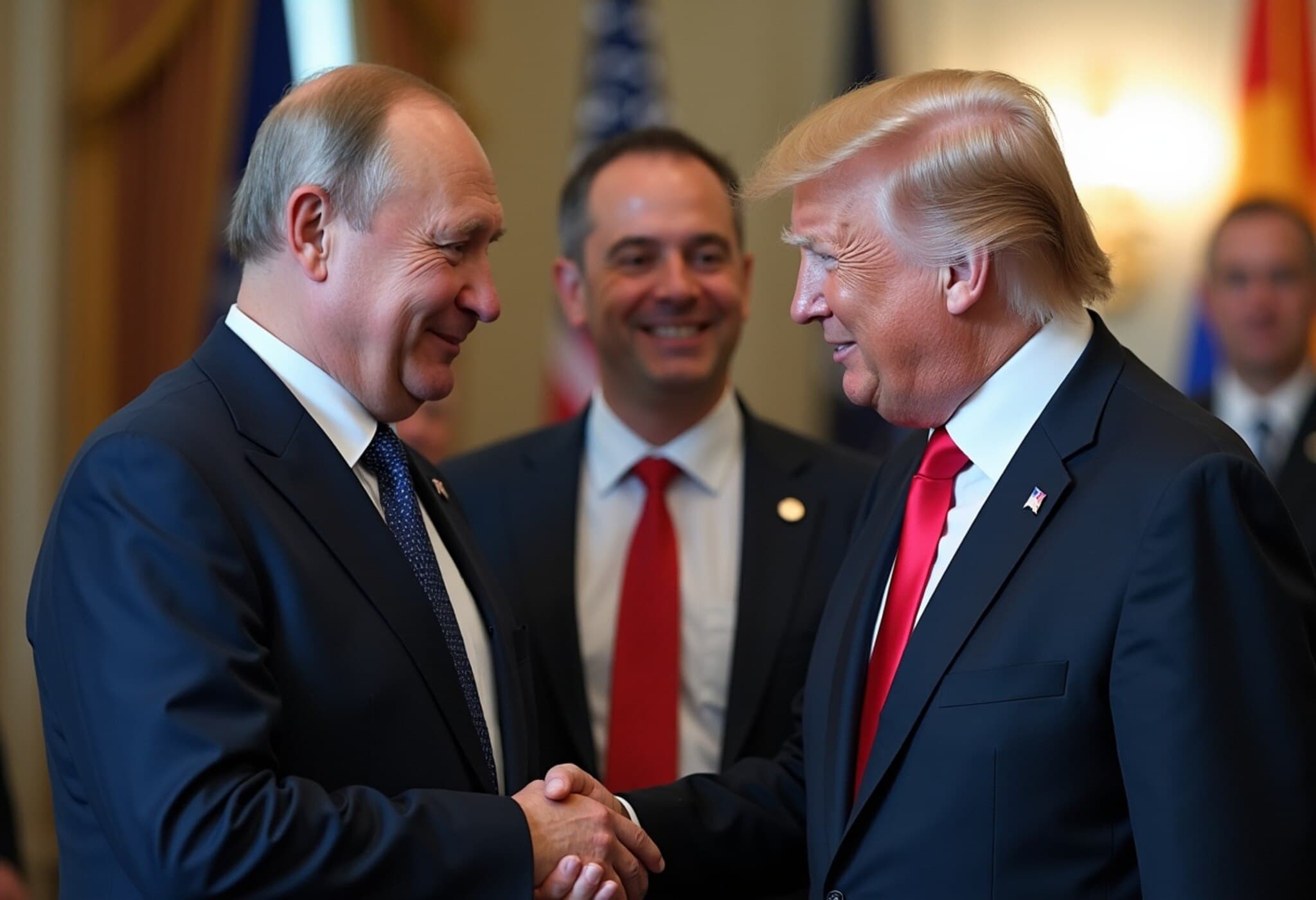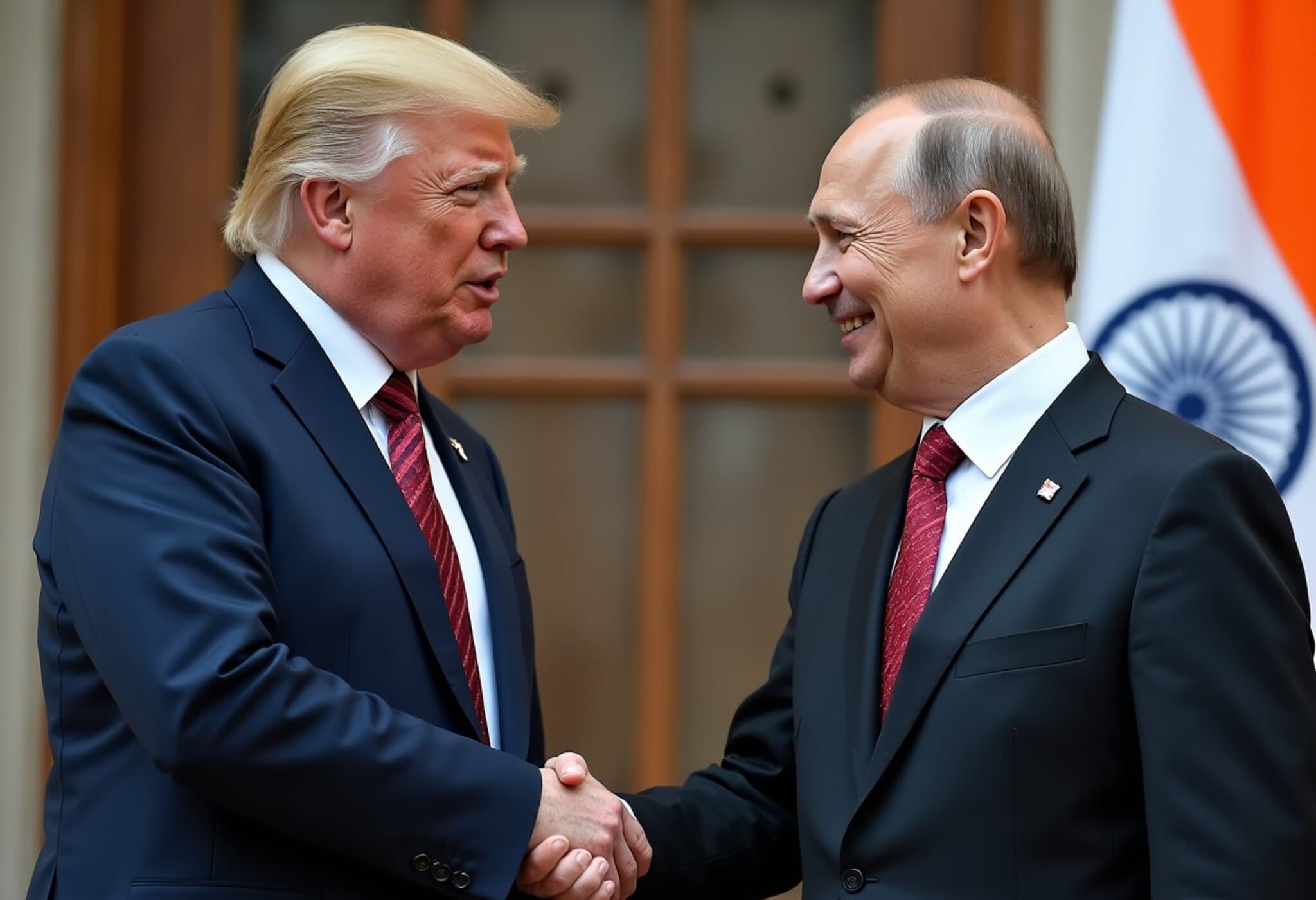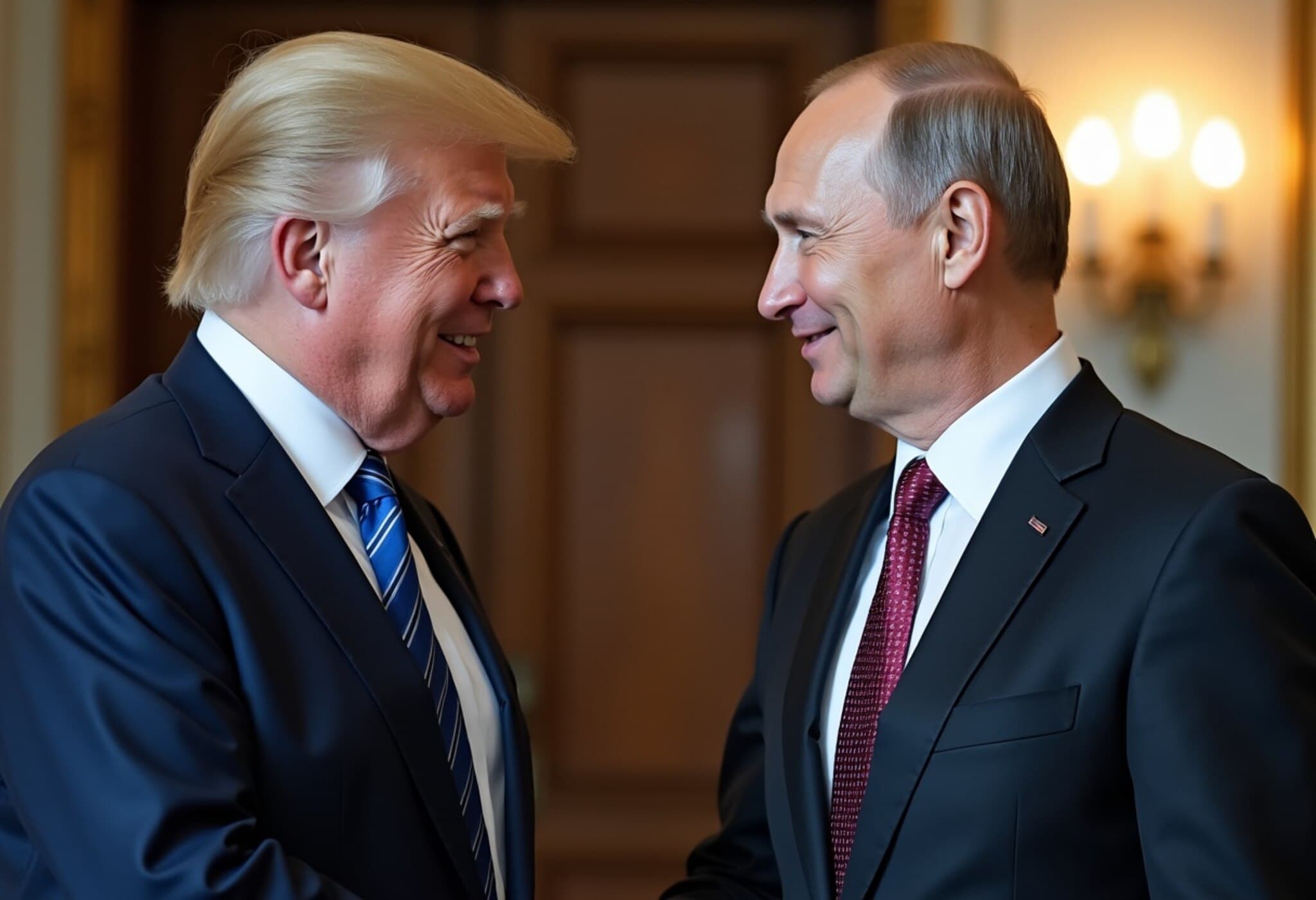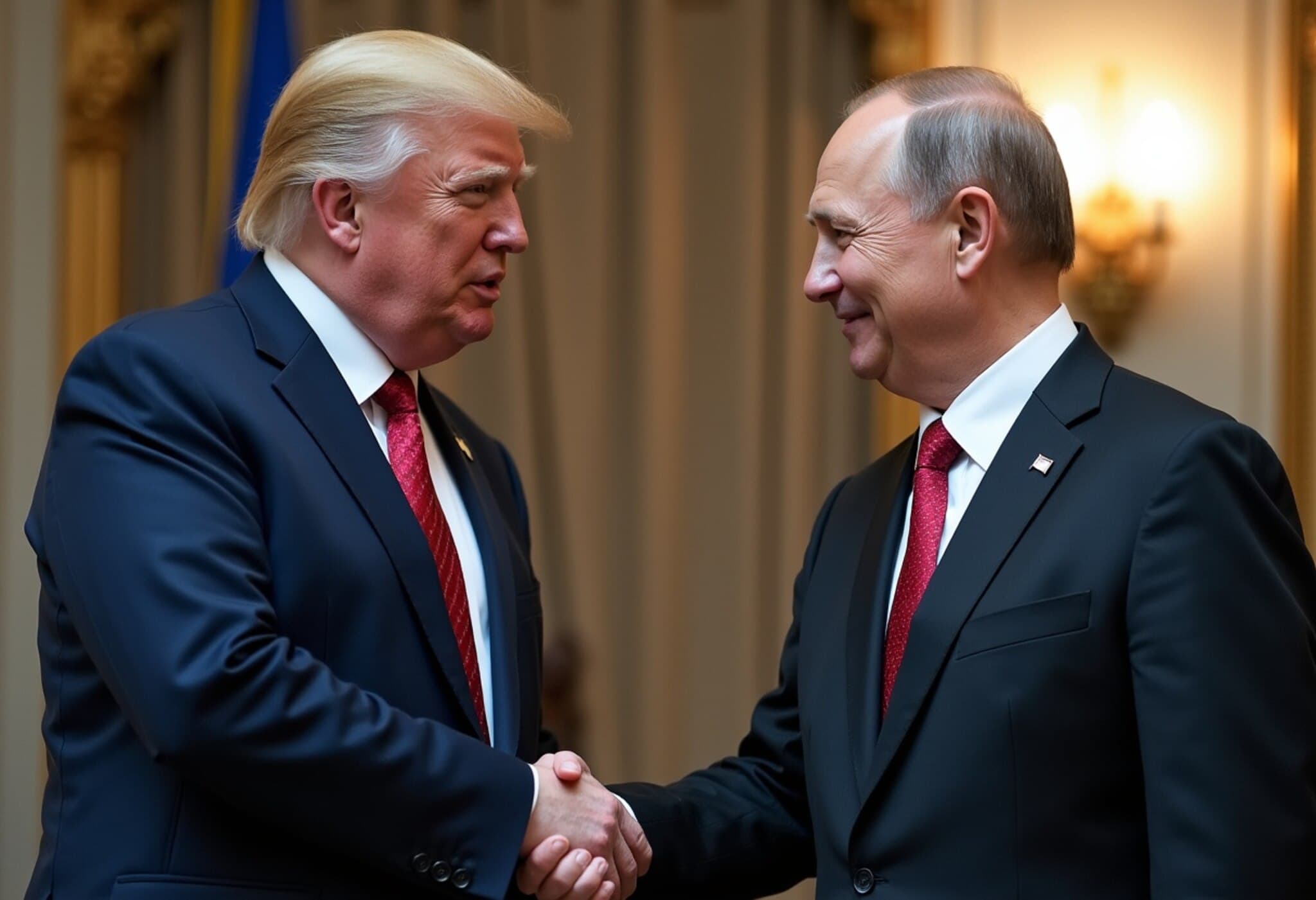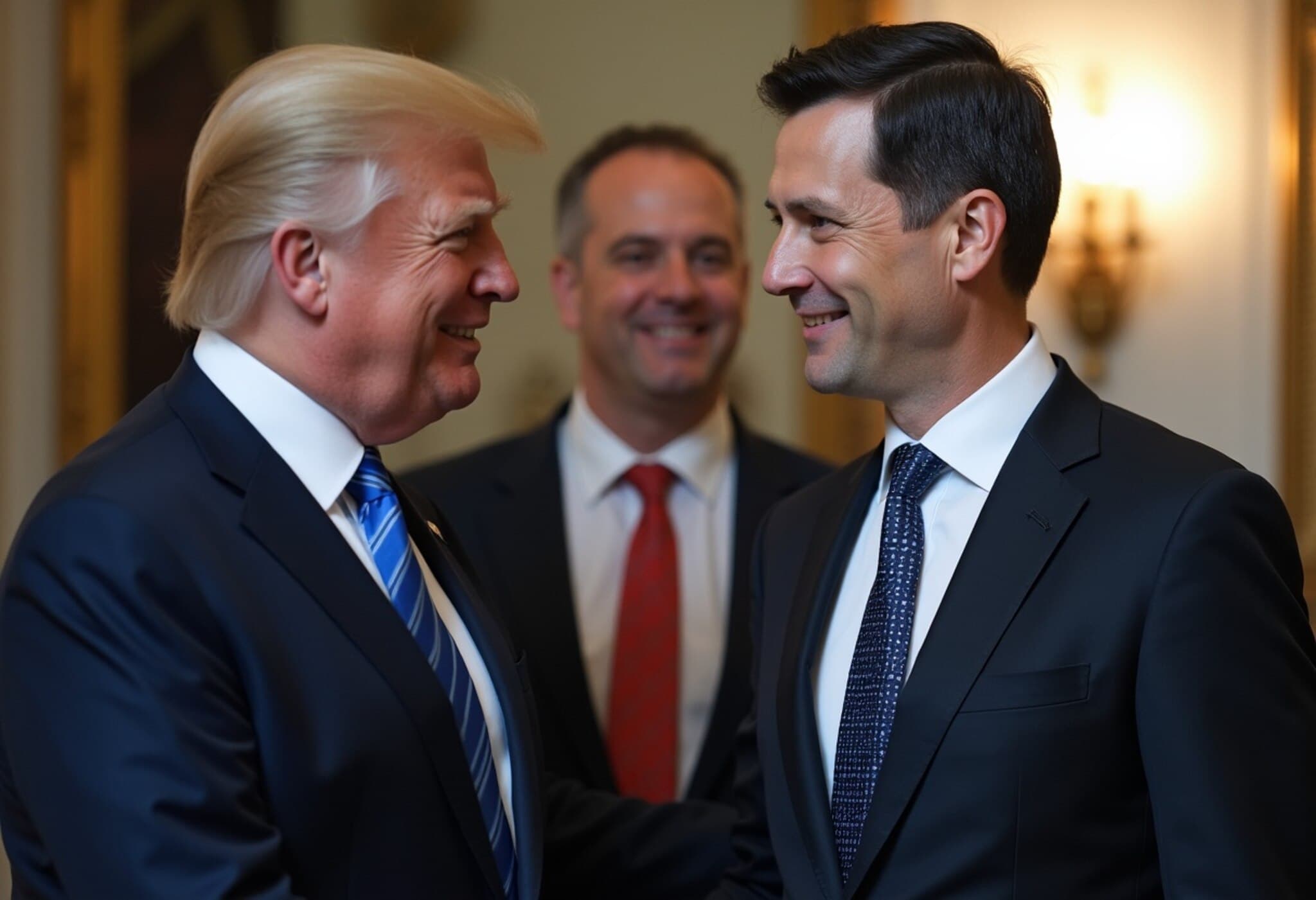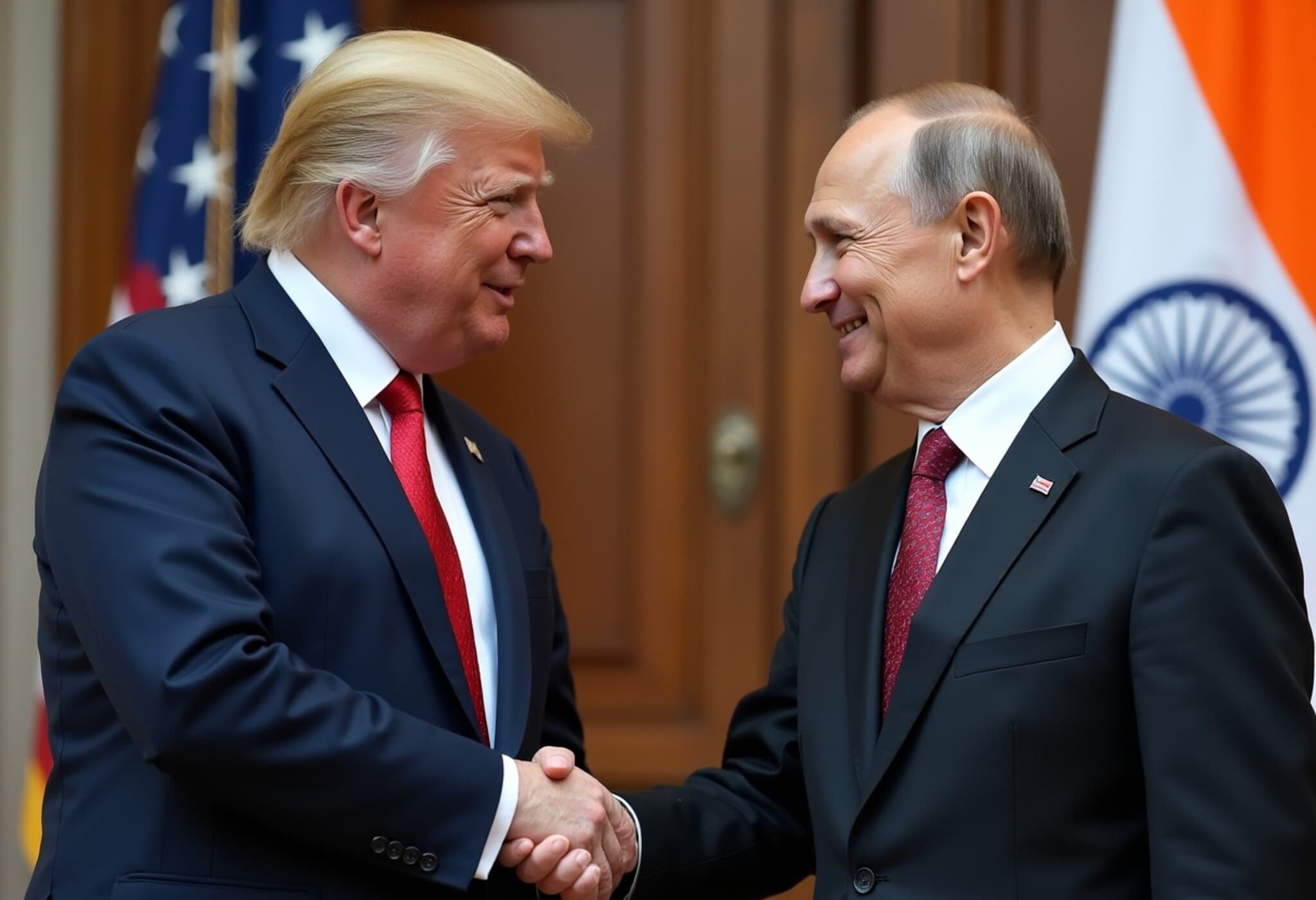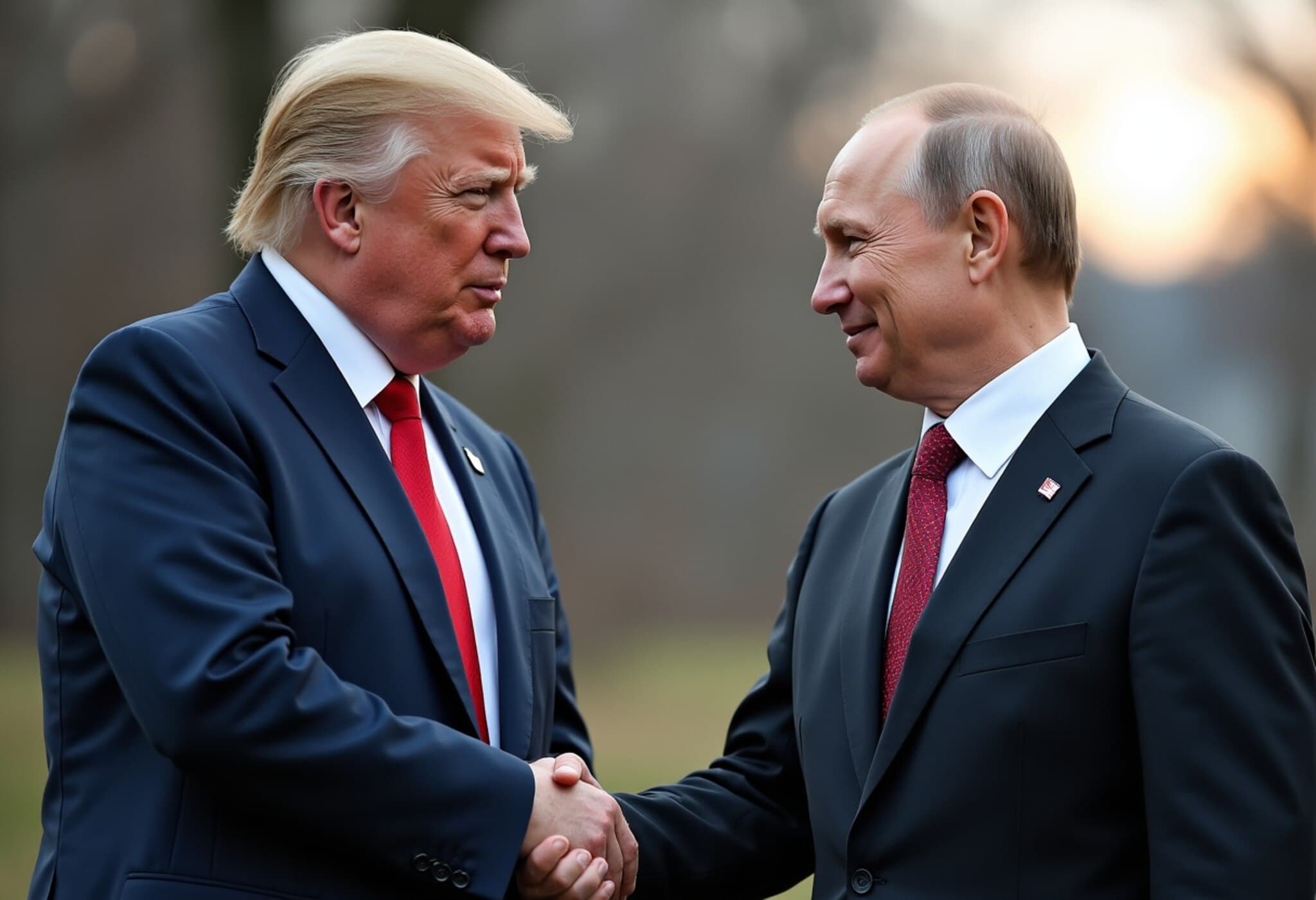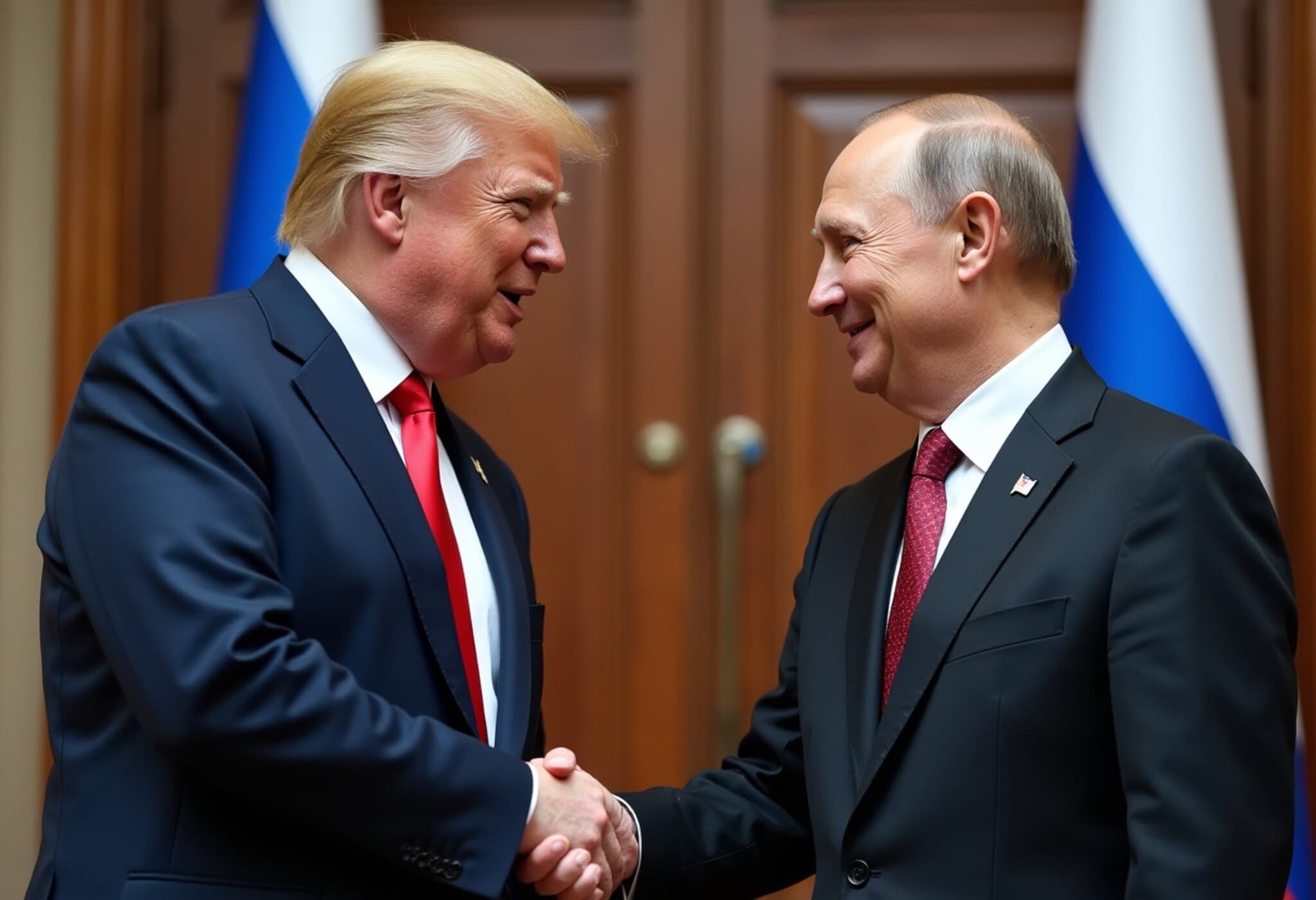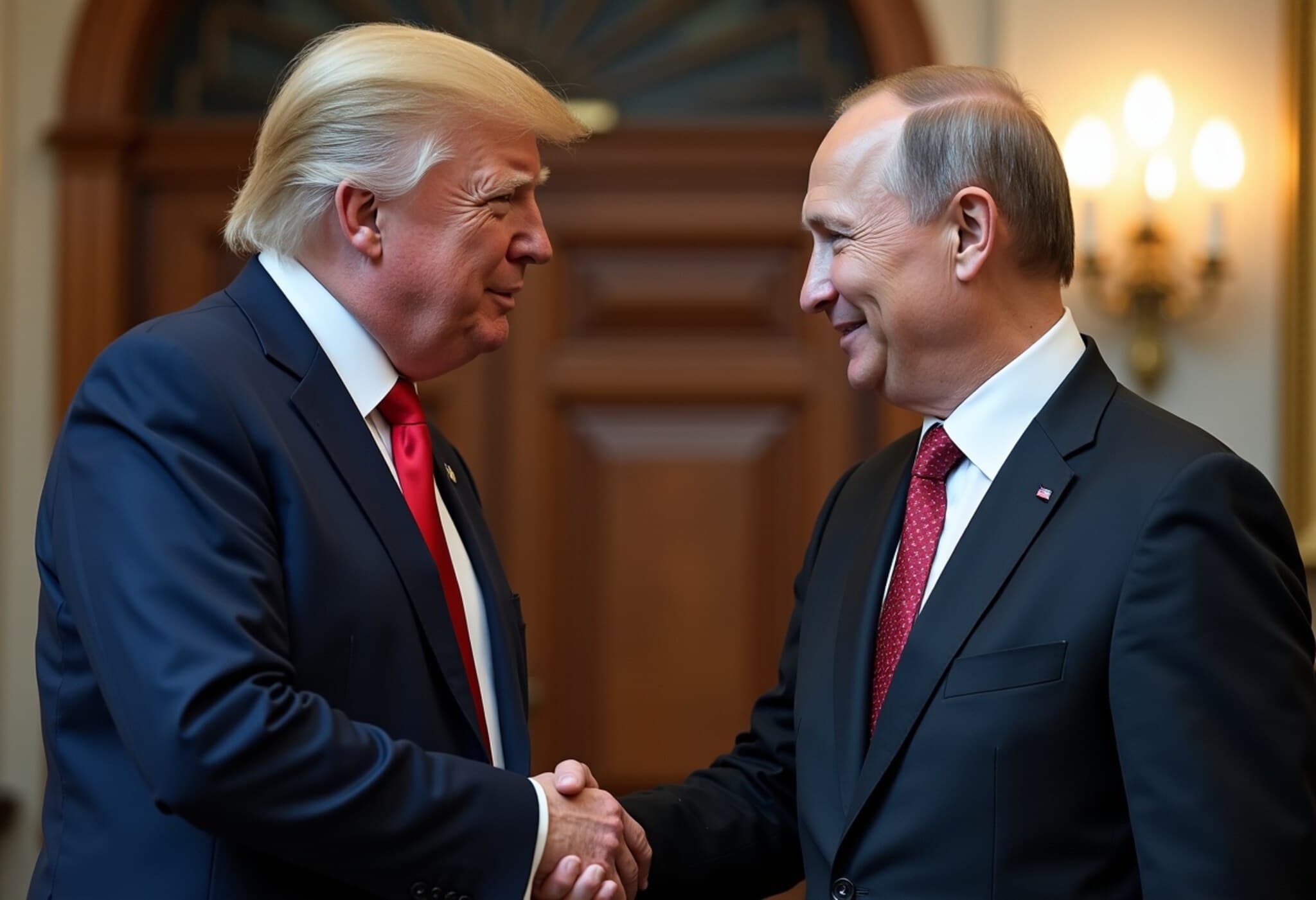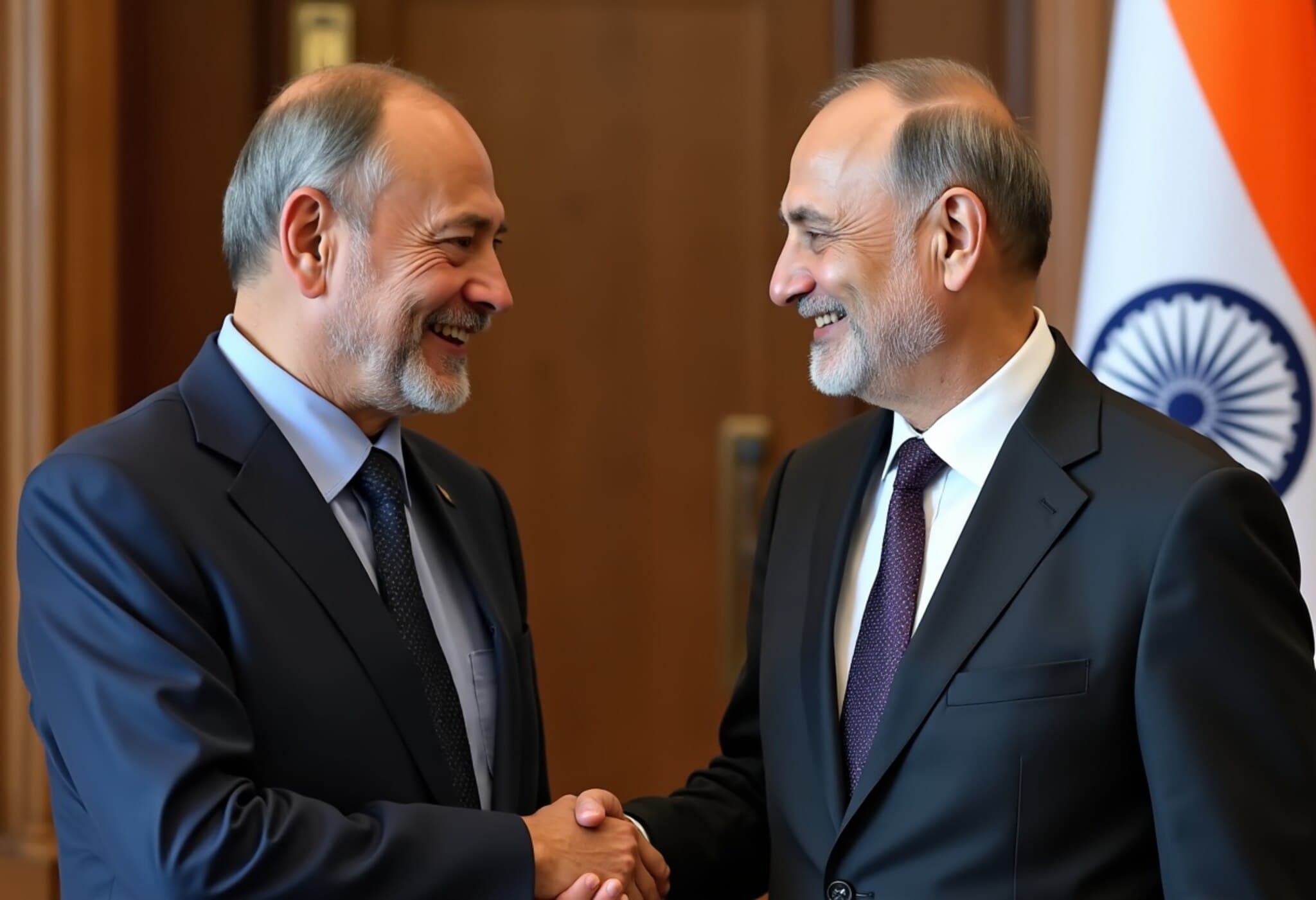Zelenskyy's Strategic Berlin Visit Precedes High-Stakes Trump-Putin Summit
In a pivotal diplomatic move, Ukrainian President Volodymyr Zelenskyy is scheduled to visit Berlin on Wednesday to engage in talks with German Chancellor Friedrich Merz alongside European and US leaders. This coordinated effort, announced by the German government, aims to amplify European and Ukrainian voices ahead of the highly anticipated summit between former US President Donald Trump and Russian President Vladimir Putin later this week.
Context: A Fractured Diplomatic Landscape
The ongoing conflict in Ukraine, now extending into its fourth gruelling year, remains the centerpiece of European security concerns. The summit, drawing notable global attention, follows Trump's controversial stance suggesting Ukraine may need to cede some territory to Russia—an assertion met with skepticism and alarm across European capitals.
Germany’s Chancellor Merz has orchestrated a series of virtual meetings designed to coordinate a unified response from European nations and Ukraine. These meetings aim to counterbalance what many perceive as the sidelining of key regional stakeholders at the forthcoming summit, where US-Russia dialogue takes center stage.
Agenda in Berlin: Building a Coalition of the Willing
- Initial discussions will see Zelenskyy meeting with European leaders to align on negotiating positions.
- This will be followed by a virtual dialogue with US President and Vice President JD Vance to solidify American support.
- Finally, a broader call involving a “coalition of the willing” — comprising countries pledged to support policing any future peace agreement — is planned to forge a multilateral approach.
European Wariness and Strategic Stakes
European leaders remain deeply cautious toward Putin, who has orchestrated the largest military conflict on European soil since World War II and leveraged Russia's energy exports as geopolitical leverage to intimidate European Union nations. The continent's overriding concern is that a premature or unfavorable peace deal could embolden Putin to direct aggression toward other European countries.
Moreover, the ambiguity surrounding Trump’s openness to land swaps raises critical questions about the feasibility and fairness of any peace agreement. Without direct inclusion of Ukraine and its allies at the negotiation table, there is a palpable risk that the contours of peace could be drawn without accounting for Ukrainian sovereignty or regional stability.
Expert Insight: Navigating the Complexity of Peace Prospects
From a policy analyst's standpoint, Berlin’s role underscores Germany’s increasing responsibility as a mediator in a conflict that tests the resilience of the European security architecture. The meetings reflect an acute awareness that peace—if achieved—must be anchored by a coalition that includes Ukrainian consent and European collective security commitments.
Crucially, the events in Berlin reveal the growing tension between unilateral diplomacy, as represented by Trump-Putin, and a multilateral approach that champions broader accountability and legitimacy.
Looking Ahead: What’s at Stake?
As diplomatic channels pulse with urgency, questions abound: Will Putin demonstrate genuine commitment to ending hostilities or use peace negotiations to consolidate gains? Can Uzbek President Zelenskyy and European leaders present a united, influential front that shapes the dialogue? And how will the US balance its strategic interests with the imperative to uphold Ukrainian territorial integrity?
The weeks ahead are crucial. The outcomes could redefine post-Cold War European security and influence the trajectory of eastern European geopolitics for decades.
Editor’s Note
The upcoming Trump-Putin summit represents one of the most significant yet contentious diplomatic junctures since the Ukraine conflict began. President Zelenskyy’s proactive engagement in Berlin highlights the critical need for inclusive dialogue that respects sovereignty and security principles.
Readers should consider the broader implications of sidelining key regional partners in peace talks and the potential risks of negotiated deals that don’t equally address all stakeholders’ concerns. As the world watches, the choices made in these diplomatic corridors will resonate far beyond 2025.

